|
The Parkway Central Library of the Free Library of Philadelphia is a majestic urban monument to literacy, learning, and robust civic discourse. What is more, the Rare Book Department at the Free Library ranks as one of the nation’s most important repositories of rare books, manuscripts, and other treasures of the history of human civilization. Its vast Pennsylvania German collection supported the interpretive work undertaken in The Word in the Wilderness: Popular Piety and the Manuscript Arts in Early Pennsylvania. In Episode 19 of Cloister Talk Live!, Janine Pollock (the Free Library’s Chief of Special Collections) and Caitlin Goodman (the Free Library’s Curator of Rare Books) welcome us into the world of the Rare Book Department and reflect on the significance of stewarding special collections in a public library environment. I still remember the first time I visited the Parkway Central Library while a graduate student at the University of Delaware. I took an early-morning train up from Wilmington and, upon arriving in the city, timidly made my way from Suburban Station to the grand Benjamin Franklin Parkway, not yet familiar with (or comfortable navigating) Center City Philadelphia, but very much looking forward to diving into the expansive holdings of the Rare Book Department. Having arrived at the Library several minutes before it opened to the public, I joined a small crowd that had gathered outside the august front doors of the institution, waiting for the guards to unlock the doors and open the library to the public for the day. I was duly impressed by the importance of the institution to city life, such that a crowd of Philadelphians had assembled so early in the morning to make use of its resources. Little did I know at the time that my scholarly and professional life would become closely linked to the work of the Free Library and its special collections, but this introduction to the institution—in which I witnessed firsthand its vital role as a civic asset—has stuck with me ever since. Listeners to this episode of Cloister Talk Live! will note that I ask both Ms. Pollock and Ms. Goodman to discuss the civic nature of their work with special collections, which is a topic in which all rare book, manuscript, and archival professionals share a vested interest. Please join us for this fascinating discussion! Listen to the episode here: https://anchor.fm/cloistertalk/episodes/Cloister-Talk-Live--Exploring-the-Free-Library-of-Philadelphia-Rare-Book-Department--one-of-the-Great-Collections-of-Pennsylvania-German-Text-Culture--with-Janine-Pollock-and-Caitlin-Goodman-e111nmu
0 Comments
Few library spaces glimmer with the sense of historicity and culture that the Horner Memorial Library at the German Society of Pennsylvania exudes. In this episode of Cloister Talk Live!, join historian and former German Society of Pennsylvania Library Committee Chair Dr. Maria Sturm, along with Society Librarian Bettina Hess, for an introduction to the historic library, its collections, and its work to make German-American history and culture accessible to all. Sturm and Hess highlight some of the fascinating holdings of the Library and reflect on the significance of the Library to understanding Philadelphia’s ethnic heritage. The episode provides a fascinating insider’s look at what it takes to keep a small, centuries-old independent library full of wonderful treasures running in the twenty-first century, and what scholars and the general public have to gain from engaging with collections at niche institutions, like those of the German Society of Pennsylvania Library. Guests on this episode are well-situated to offer these perspectives. Dr. Maria Sturm, who spent nine years as Chair of the Library Committee and currently serves on the German Society’s Board of Directors. She is a native of Germany, with a PhD in American History from the University of Cologne. She first encountered the German Society of Pennsylvania and its magnificent library in the 1990s, during the initial project to renovate the space and bring the collection online. From 2011 to 2020, Maria served as the chair of the Library Committee while also being on the Board. Bettina Hess, the Society’s Special Collections Librarian who oversees daily operations of the collection. Bettina holds a B.A. from Bryn Mawr College and an M.I.L.S. from the University of Michigan and has attended Rare Book School and the German Script Course at the Moravian Archives. She began her career at the German Society in 1994 on a cataloguing project and currently runs a weekly German script transcription group at the Library. Listen to the episode here: https://anchor.fm/cloistertalk/episodes/Cloister-Talk-Live--Volksbibliothek-A-Conversation-with-Dr--Maria-Sturm-and-Bettina-Hess-of-the-German-Society-of-Pennsylvania-Library-e10jq6m It’s been quite the year during which to debut my scholarly monograph The Word in the Wilderness: Popular Piety and the Manuscript Arts in Early Pennsylvania and share my research findings with the public—a year filled with bizarre highs and lows. One of the unexpected highlights of COVID times has been the opportunity to share my research and reflections via Cloister Talk: The Pennsylvania German Material Texts Podcast—knowing that, even during a time of increased physical isolation, I’ve been able to continue engaging in (virtual) conversations with you, about topics near and dear to my heart, including book history, material texts, manuscript culture, Pennsylvania Germans, and the Age of Evangelical Piety. It is in this spirit that I debut Season 3 of Cloister Talk, with a fascinating episode titled “Cloister Talk Live! The Faith That Binds: A Conversation on Anabaptist Bookbindings with Chela Metzger and Erin Hammeke.” How can material artifacts be wielded as tools for unlocking the lived experiences of past spiritual-devotional cultures? In this inaugural episode of Cloister Talk Live!, join book conservators Chela Metzger (University of California Los Angeles Library) and Erin Hammeke (Duke University Library) for a conversation about Swiss-Anabaptist bookbindings in early Pennsylvania—and what the books reveal about past personal and social relationships with God. The interviewees also discuss the state of book history as an interdisciplinary enterprise and offer advice for what it might take to bring historians, material culture scholars, and conservators together, to make optimal use of interdisciplinary expertise in analyzing and interpreting material texts. Listen to the episode here: https://anchor.fm/cloistertalk/episodes/Cloister-Talk-Live--The-Faith-That-Binds-A-Conversation-on-Anabaptist-Bookbindings-with-Chela-Metzger-and-Erin-Hammeke-e105710 The upcoming season of Cloister Talk: The Pennsylvania German Material Texts Podcast will bring listeners behind the scenes into some of Philadelphia’s most spectacular libraries and museums. The third season of Cloister Talk: The Pennsylvania German Material Texts Podcast debuts at 8 a.m. EDT on Monday, May 3, 2021, with a roster of ten thought-provoking new episodes designed to give listeners unique glimpses into the inner workings of some of the Philadelphia region’s most spectacular and historically significant special collections libraries and museums. Launched in anticipation of the publication of an affordable, paperback version of The Word in the Wilderness: Popular Piety and the Manuscript Arts in Early Pennsylvania in mid-June, the third season will introduce listeners to several of the main repositories whose collections supported the new analyses put forward in the book. In a first for Cloister Talk, most episodes during the season are interview-based. Series host Dr. Alexander Lawrence Ames will interview respected curators, librarians, and scholars at various regional collections repositories to gather their insights on the field of Pennsylvania German studies and the wider worlds of museums, libraries, and special collections work today. In fact, podcast episodes this season have been rechristened Cloister Talk Live! to reflect this dynamic new episode format. Upcoming episodes include: Cloister Talk Live! Volksbibliothek: A Conversation with Dr. Maria Sturm and Bettina Hess of the German Society of Pennsylvania Library Cloister Talk Live! Exploring the Free Library of Philadelphia Rare Book Department, one of the Great Collections of Pennsylvania German Text Culture, with Janine Pollock and Caitlin Goodman Cloister Talk Live! At The Rosenbach: The Other Pennsylvania Germans? A Discussion of Early Southeastern Pennsylvania’s Jewish Community with Judith M. Guston Cloister Talk Live! Books Along the Brandywine: A Conversation with Emily Guthrie, Formerly of The Winterthur Library Cloister Talk Live! Dr. Franklin’s Library: A Conversation with James N. Green, Librarian Emeritus of the Library Company of Philadelphia This season of Cloister Talk truly constitutes the podcast host’s love letter to the Philadelphia region’s remarkable ecosystem of special collections libraries, archives, museums, and historic sites—with particular attention paid to the distinguished independent research libraries that steward so much of the nation’s cultural record. The Word in the Wilderness is based in substantial part on the collections of the region’s libraries, and the author has enjoyed varying professional associations with many of the institutions highlighted this season. The new Cloister Talk episodes thus offer insightful academic perspectives alongside highly intimate, personal glimpses into institutions that hold significance to the author’s scholarly work. As was the case with Season 2 of Cloister Talk, Season 3 will conclude with an afternoon tea-themed episode. Titled “A Second Cup of Afternoon Tea with Alexander Lawrence Ames: Answering Questions about The Word in the Wilderness, and Some Closing Reflections on the Book,” the final installment of the season will answer reader questions and place The Word in the Wilderness in the broader context of the academic fields in which the monograph makes interventions. New episodes will debut at https://anchor.fm/cloistertalk and most major podcast streaming platforms at 8 a.m. on Monday mornings between May 3 and June 28. A season 3 teaser trailer is available for listening now by clicking here. Please tune in for this unparalleled glimpse into the distinctive library and museum culture characteristic of the Philadelphia region. The Word in the Wilderness Official Study Guide is now available for free PDF download at https://www.wordinwilderness.com/clubs.html. The colorful, engaging, 20-page document is a useful resource for individuals or groups reading The Word in the Wilderness: Popular Piety and the Manuscript Arts in Early Pennsylvania to interact more deeply with the content of the book. Study guide users will follow up on key themes covered in the volume, via hyperlinks to further resources including museum and library online collection databases as well as electronic books and articles. The study guide offers enhanced content organized around each of the book’s principle sections. Each study guide section includes questions for private study, group discussion questions, and links to further web resources to continue exploring the main topics under consideration, including episodes of Cloister Talk: The Pennsylvania German Material Texts Podcast that offer further insight into particularly relevant themes. Readers who are engaging with The Word in the Wilderness on their own will find the study guide a useful companion. The guide will prove especially useful for book clubs and discussion circles reading the book who wish to lend some structure to their group conversations. The Word in the Wilderness was written as an engaging and approachable introduction to the devotional and textual practices of the Pennsylvania Germans, but the study addresses issues in early American religious, cultural, and intellectual history that at times may seem challenging in their complexity and multiple facets. The study guide helps direct readers toward the most salient and important points made in The Word in the Wilderness while deepening engagement with the book’s source material. Two online, interactive PDF versions of the study guide are available: one optimized for viewing on a computer desktop, and one optimized for printing. Both versions are available at https://www.wordinwilderness.com/clubs.html. Start exploring the study guide today! Season Two of Cloister Talk: The Pennsylvania German Material Texts Podcast will debut at 8 a.m. EST on Monday, January 4, 2021, with a roster of brand-new episodes exploring exciting topics connected to The Word in the Wilderness: Popular Piety and the Manuscript Arts in Early Pennsylvania (Penn State Press, 2020). The second season of the podcast will build on topics covered in the first season’s episodes by offering in-depth analysis of the manuscript genres analyzed in The Word in the Wilderness, while expanding to consider new topics inspired by the book. Titles of a few of the episodes to be released during Season Two of Cloister Talk include: “The Pirate Bible: An Epic Tale of Looted Germantown Bibles, and What It Reveals About Pennsylvania German Religion in a Vast Atlantic World” “Johann Gottfried Weber and Johannes Bard: Two Characters in the 18th-century Transatlantic World of Manuscripts” “A Lesson in Early Modern Linguistic Theory with Johann Merken, and Its Implications for the Study of Material Texts” “‘Errand Into the Wilderness’: What Pennsylvania German Illuminated Manuscripts Mean in American History” To learn more about Season Two, listen to the Cloister Talk Season Two Teaser Trailer: https://anchor.fm/cloistertalk/episodes/Cloister-Talk-Season-2-Teaser-Trailer-enpkup. To catch up on episodes from Season One, visit https://anchor.fm/cloistertalk. To purchase The Word in the Wilderness, visit https://www.psupress.org/books/titles/978-0-271-08590-6.html. While the main focus of my research has always been Pennsylvania German illuminated devotional manuscripts, a new essay I co-authored with Consuela Metzger (UCLA Library) and Erin Hammeke (Duke University Libraries) studies bookbindings on Anabaptist religious texts for their material and cultural significance. Titled “The Faith that Binds: Swiss Anabaptist Devotional Bookbindings in Early America,” the essay combines the close study of book structures with reflections on the religious precepts and practices that guided these books’ use. The essay is now available in volume 6 of Suave Mechanicals: Essays on the History of Bookbinding, published by The Legacy Press of Ann Arbor, Michigan. To learn more, click here: http://www.thelegacypress.com/suave-mechanicals-vol-6.html. Coming this June, a new podcast will welcome you into the fascinating world of manuscript production among the early German-speaking inhabitants of Pennsylvania—and pose important questions about how to interpret those manuscripts in the context of early American history. Cloister Talk: The Pennsylvania German Material Texts Podcast is designed to complement interpretations laid out in The Word in the Wilderness: Popular Piety and the Manuscript Arts in Early Pennsylvania and expand on themes addressed in the book. Why a podcast about this topic? As is so often the case, the themes and issues addressed in The Word in the Wilderness open all sorts of new questions and conversations. Cloister Talk allows those interested to continue exploring, with a special focus placed on analytical approaches that can be taken to the Pennsylvania German manuscript arts. Topics to be covered include the history of Fraktur type and script, the religious heritage of the Pennsylvania Germans, theories and methods of book history, and the process of writing The Word in the Wilderness. The podcast will be accessible at https://www.wordinwilderness.com/cloistertalk.html as well as most major podcast platforms. Check back regularly for new episodes and updates. Happy listening! Though the manuscript of The Word in the Wilderness is complete, I am thrilled to be taking advantage of some opportunities to continue my research into early modern manuscript culture. In fact, with the book project more or less finished as far as research and writing is concerned, now is a fine time to explore ancillary topics and research areas that I thus far haven’t been able to give extensive attention. During two recent trips to the United Kingdom, I delved into the worlds of calligraphy, penmanship, and manuscript culture in England with research visits to the Lambeth Palace Library in London and the Durham University Library in the famed northern university town of Durham. Both visits churned up exciting new sources that place Pennsylvania manuscript traditions of the eighteenth and nineteenth centuries in fascinating perspective. Visiting these iconic sites of British Christianity helped me think through how Pennsylvania’s early German-speaking residents fit into the rich spiritual world of the early modern era. I look forward to undertaking further research adventures as opportunities allow in months and years ahead to build on the work done in The Word in the Wilderness. Here’s hoping there are more cathedrals in my future! While perusing the bookshelves in the historic library of Dr. A.S.W. Rosenbach recently, I stumbled across a book that caught my eye: How to Become an Author, by well-known early-twentieth-century British author Arnold Bennett, who was famous for novels like Anna of the Five Towns (published 1902) and Imperial Palace (published 1930).[1] I was most curious to learn what tips Bennett had to offer about the writer’s life in his 1903 “how-to” publication, and if those tips on writing still resonate today. Perhaps not unsurprisingly, while the publishing and commercial contexts in which Bennett wrote his book have changed dramatically since the volume was released more than a century ago, the text offers some timeless tidbits of wisdom. A section of the book titled “An Art of Words” especially resonated with me. “Literature is the art of using words,” Bennett wrote. “This is not a platitude, but a truth of the first importance, a truth so profound that many writers never get down to it, and so subtle that many other writers who think they see it never in fact really comprehend it. The business of the author is with words.”[2] I find this point meaningful in the realm of non-fiction writing, especially so in history, which is my own discipline of focus. It is all too easy to lose sight of the importance of narrative finesse in crafting an effective analysis of the events and ideas of past generations. Even expository writing requires attention to the experience of reading itself, and assuring that engaging with scholarly ideas is a manageable and even a pleasurable experience. “If literary aspirants genuinely felt that literature was the art of using words, bad, slipshod writing—writing that stultifies the thought and emotion which it is designed to render effective—would soon be a thing of the past. For they would begin at the beginning, as apprentices to all other arts are compelled to do.”[3] Bennett’s comments on literary style also resonate today. “Style…is not a certain splendid something in which the writer adds to his meaning. It is in the meaning; it is that part of the meaning which specially reflects his individuality and his mood.”[4] Thank you, Arnold Bennett, for your expert insights on the issue of literary style, which resonate as profoundly in 2019 as they did in 1903. [1] Arnold Bennett, How to Become an Author: A Practical Guide (London: C. Arthur Pearson, 1903). [2] Ibid., 35. [3] Ibid., 37. [4] Ibid., 55. |
Author:
|
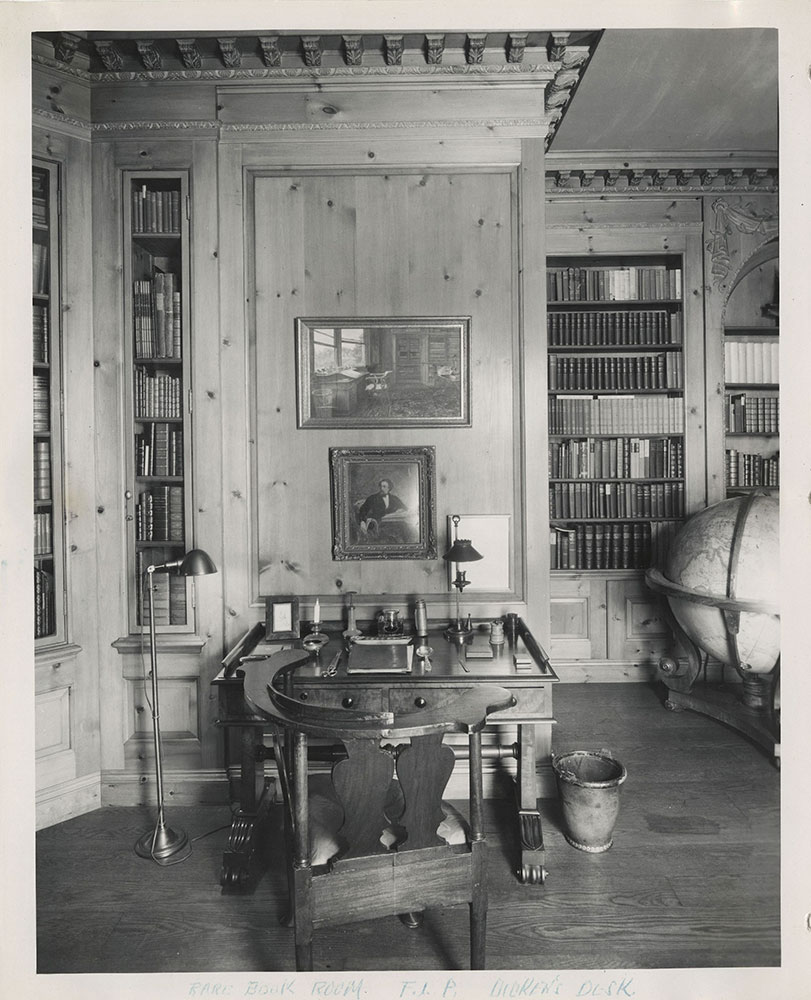
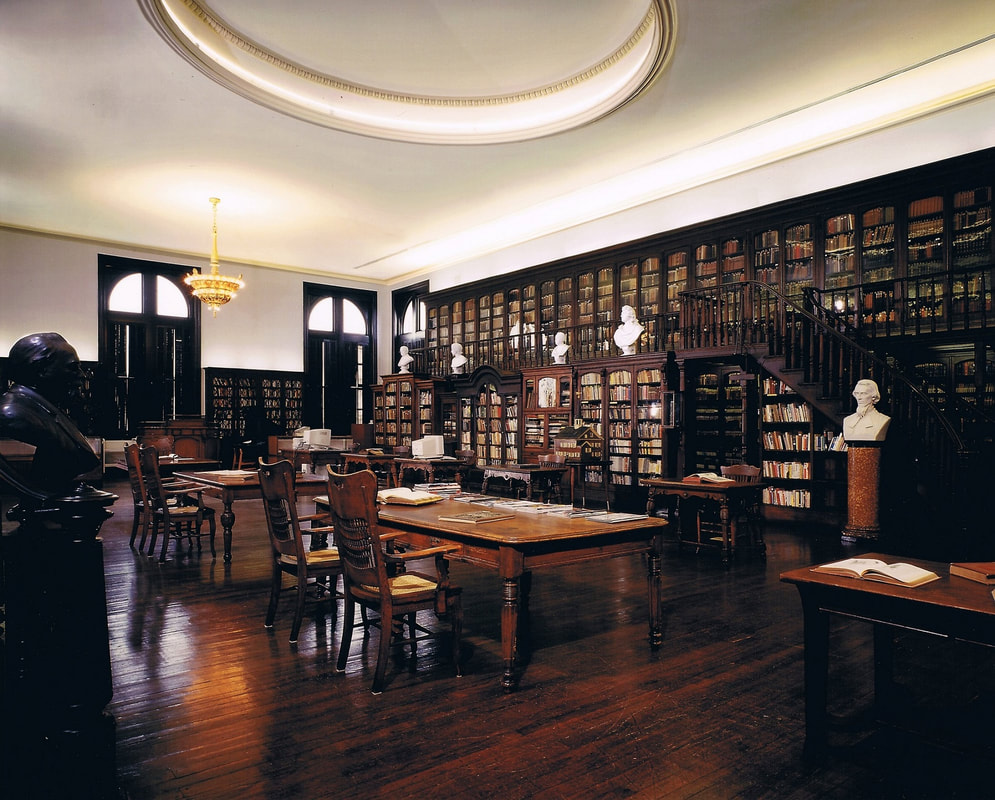
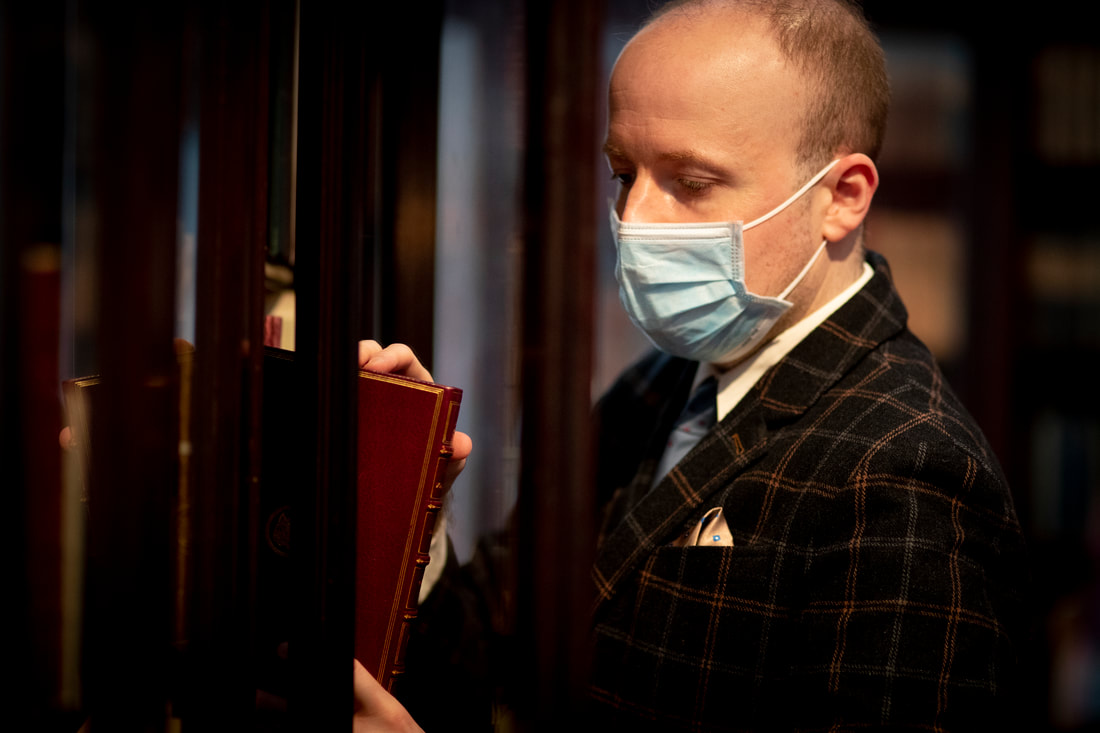
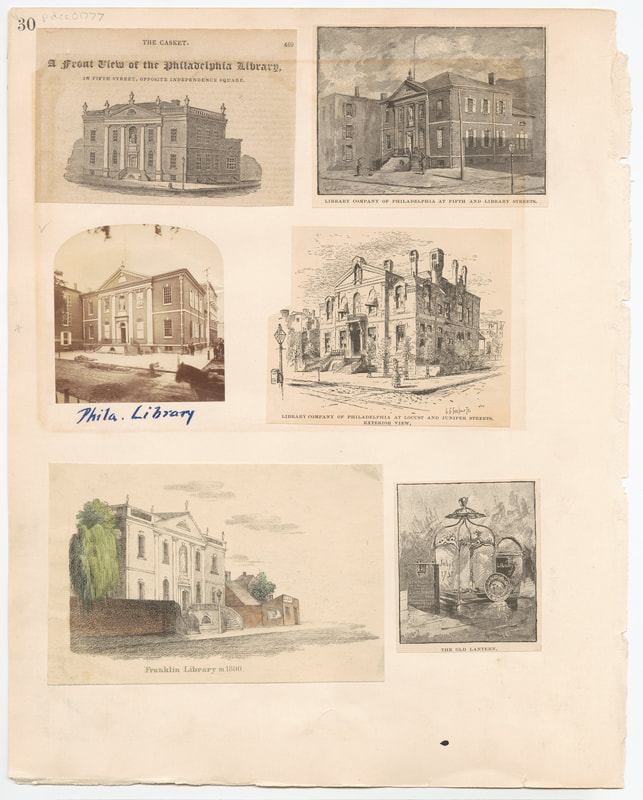
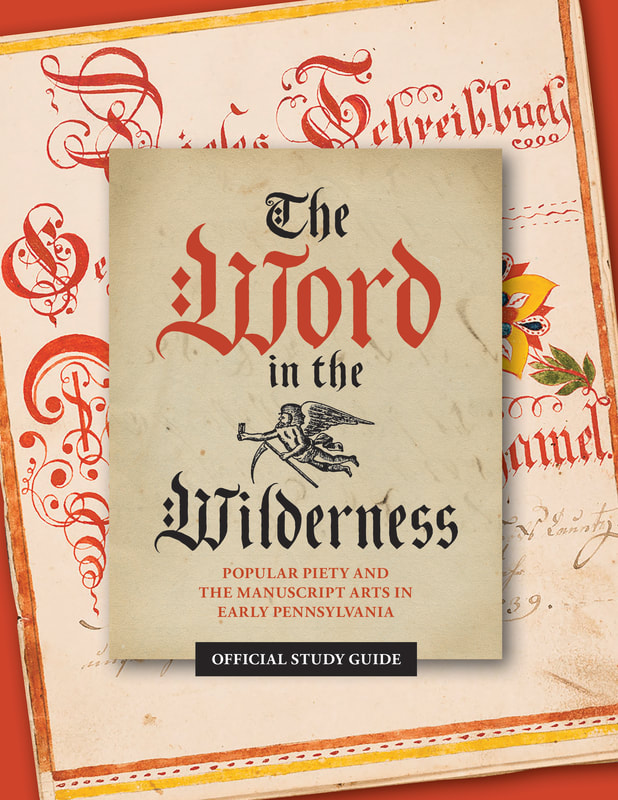
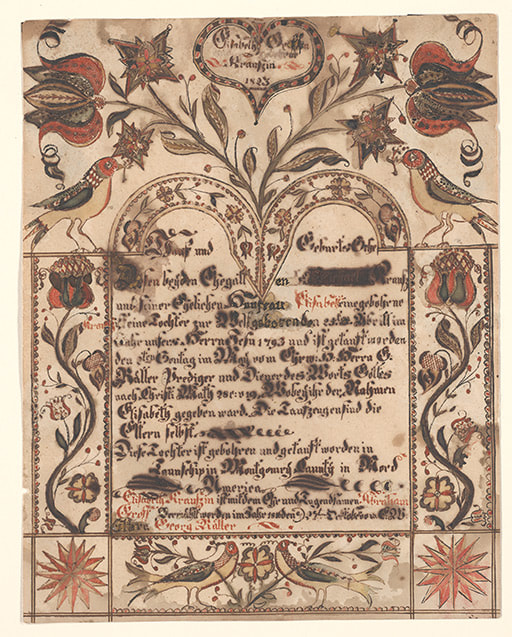
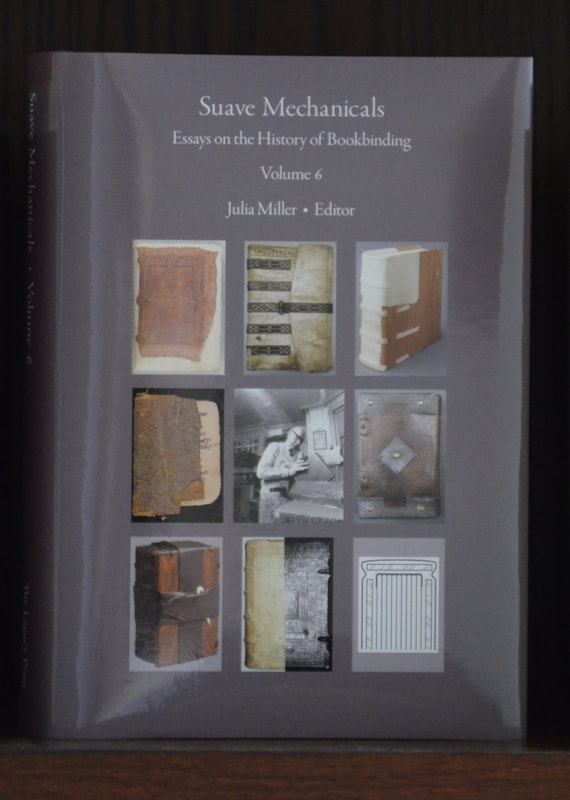
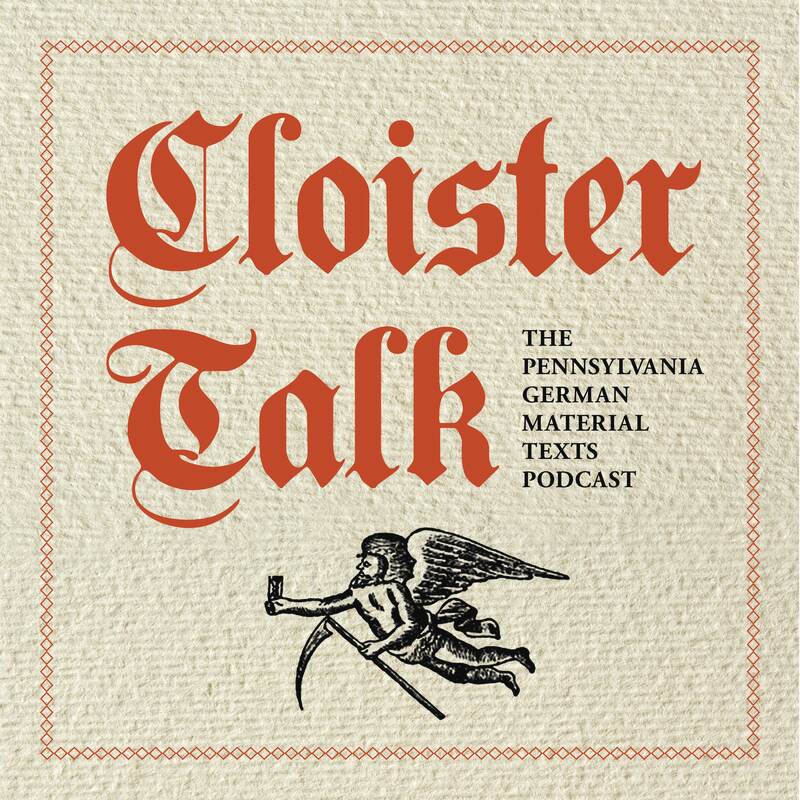
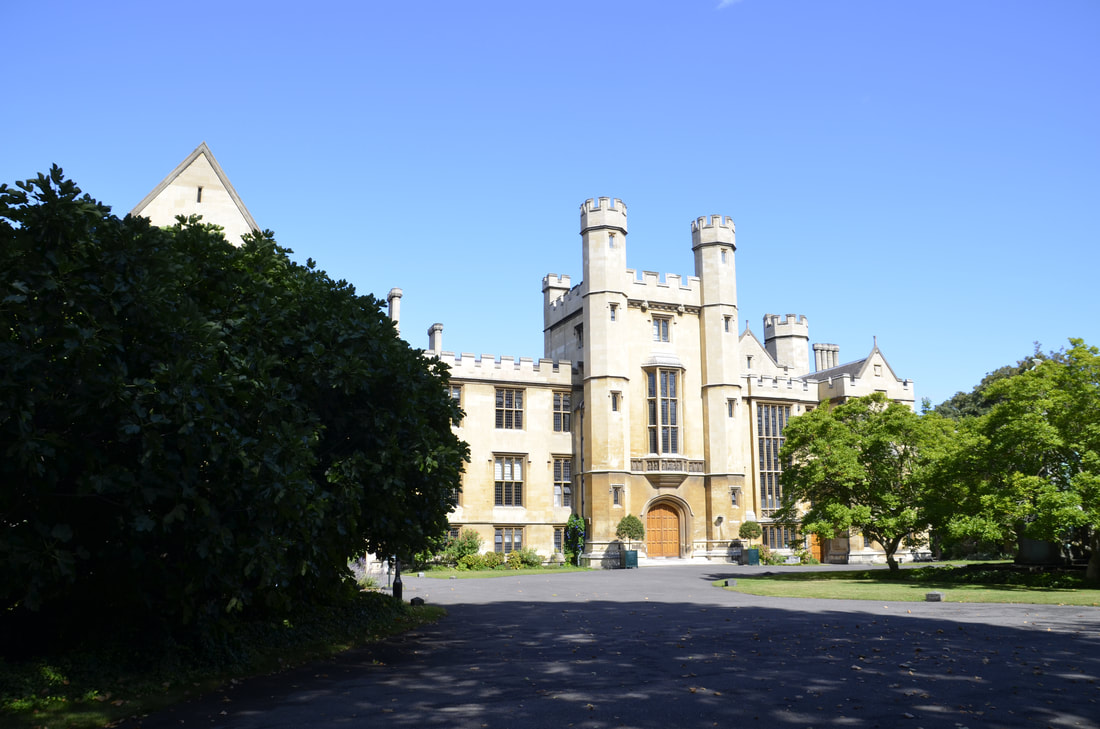
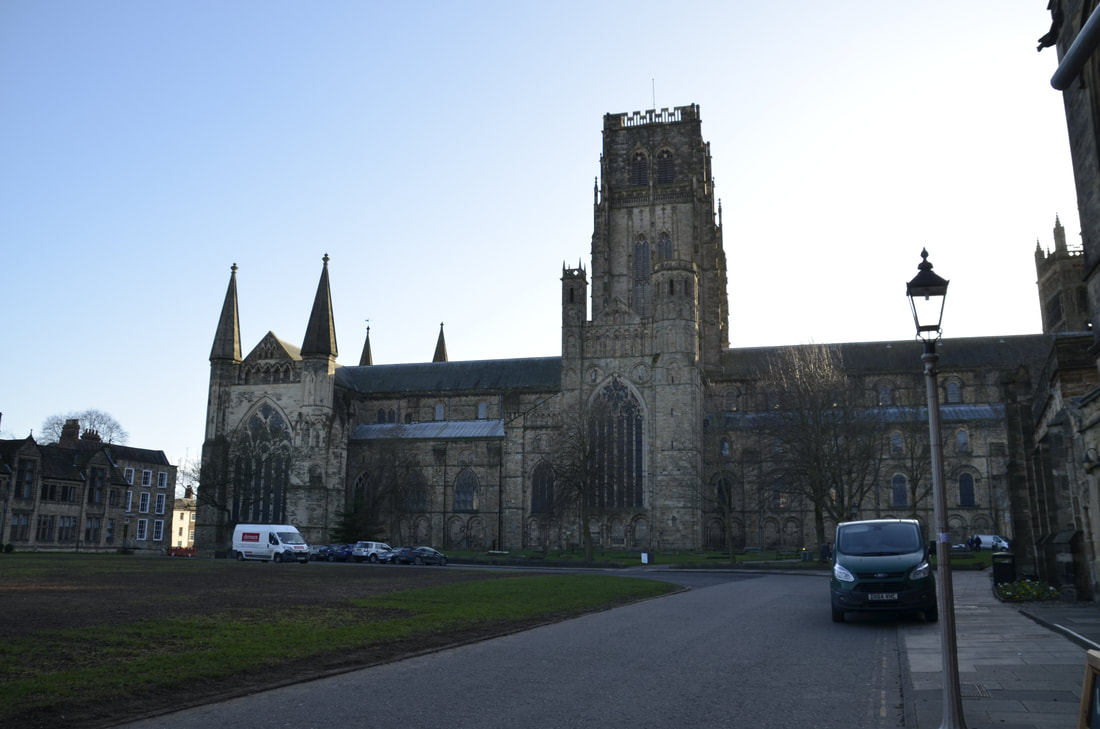

 RSS Feed
RSS Feed